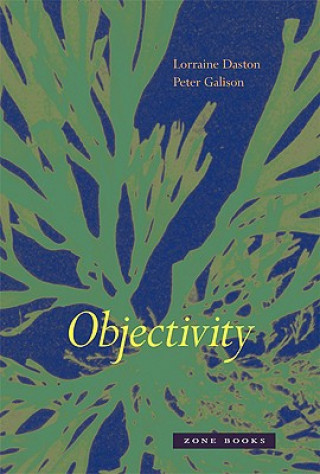
Kód: 04406103
Objectivity
Autor Daston
Objectivity has a history, and it is full of surprises. In Objectivity, Lorraine Daston and Peter Galison chart the emergence of objectivity in the mid-nineteenth-century sciences--and show how the concept differs from its alterna ... celý popis
- Jazyk:
 Angličtina
Angličtina - Vazba: Brožovaná
- Počet stran: 504
Nakladatelství: Zone Books, 2010
- Více informací o knize

Mohlo by se vám také líbit
-

Chaos
304 Kč -

Society Against the State
546 Kč -

Critical Thinking
1969 Kč -
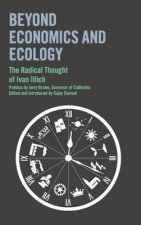
Beyond Economics and Ecology
451 Kč -
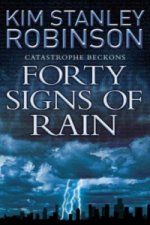
Forty Signs of Rain
342 Kč -

Shop Class as Soulcraft
453 Kč -
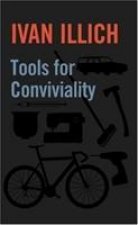
Tools for Conviviality
394 Kč -

Allergy and Allergic Diseases
3584 Kč -
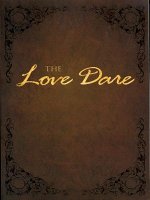
The Love Dare
452 Kč -
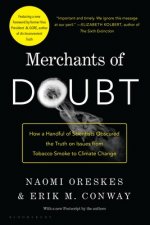
Merchants of Doubt
401 Kč -

Sixty Days and Counting
279 Kč -

The Prepper's Canning Guide: Affordably Stockpile a Lifesaving Supply of Nutritious, Delicious, Shelf-Stable Foods
420 Kč -
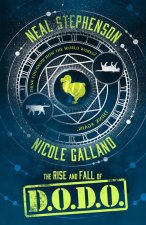
Rise and Fall of D.O.D.O.
323 Kč -

Understanding Sentence Structure - An Introduction to English Syntax
1361 Kč -
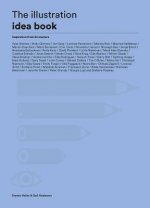
Illustration Idea Book
381 Kč -

Skip*Beat!, (3-in-1 Edition), Vol. 13
361 Kč -

Asymmetry
406 Kč -
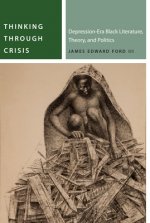
Thinking Through Crisis
1243 Kč -

150 Best New Cottage and Cabin Ideas
705 Kč -

Gruffalo Little Library
154 Kč -
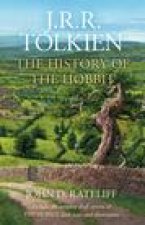
History of the Hobbit
1170 Kč -

Computational Complexity
1891 Kč -

Vampire Kisses: Blood Relatives, Volume II
443 Kč -

How Food Made History
2292 Kč -

F-4 Phantom
2478 Kč -

Adrenal Fatigue
361 Kč -

Ashtanga Yoga
674 Kč -

Collapse of Western Civilization
223 Kč -

Vagabond
276 Kč -
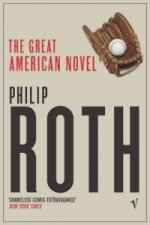
Great American Novel
302 Kč -
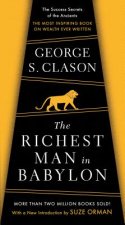
The Richest Man In Babylon
279 Kč -

Nonlinear Biomedical Signal Processing - Analysis and Modeling V 2
6718 Kč -

Storms of My Grandchildren
356 Kč -

On What Matters
2274 Kč -

Classical Mechanics
2753 Kč -
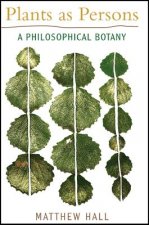
Plants as Persons
1160 Kč -
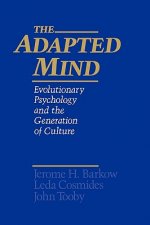
Adapted Mind
3160 Kč -

Oxford Handbook of Corporate Governance
1109 Kč -

Blues, Ideology, and Afro-American Literature
1098 Kč -
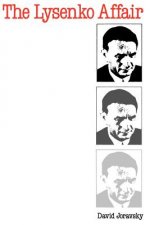
Lysenko Affair
1608 Kč -

Life on Land
525 Kč -

Ways of Reading
1664 Kč
Darujte tuto knihu ještě dnes
- Objednejte knihu a zvolte Zaslat jako dárek.
- Obratem obdržíte darovací poukaz na knihu, který můžete ihned předat obdarovanému.
- Knihu zašleme na adresu obdarovaného, o nic se nestaráte.
Více informací o knize Objectivity
Nákupem získáte 76 bodů
 Anotace knihy
Anotace knihy
Objectivity has a history, and it is full of surprises. In Objectivity, Lorraine Daston and Peter Galison chart the emergence of objectivity in the mid-nineteenth-century sciences--and show how the concept differs from its alternatives, truth-to-nature and trained judgment. This is a story of lofty epistemic ideals fused with workaday practices in the making of scientific images. From the eighteenth through the early twenty-first centuries, the images that reveal the deepest commitments of the empirical sciences--from anatomy to crystallography--are those featured in scientific atlases, the compendia that teach practitioners what is worth looking at and how to look at it. Galison and Daston use atlas images to uncover a hidden history of scientific objectivity and its rivals. Whether an atlas maker idealizes an image to capture the essentials in the name of truth-to-nature or refuses to erase even the most incidental detail in the name of objectivity or highlights patterns in the name of trained judgment is a decision enforced by an ethos as well as by an epistemology. As Daston and Galison argue, atlases shape the subjects as well as the objects of science. To pursue objectivity--or truth-to-nature or trained judgment--is simultaneously to cultivate a distinctive scientific self wherein knowing and knower converge. Moreover, the very point at which they visibly converge is in the very act of seeing not as a separate individual but as a member of a particular scientific community. Embedded in the atlas image, therefore, are the traces of consequential choices about knowledge, persona, and collective sight. Objectivity is a book addressed to anyone interested in the elusive and crucial notion of objectivity-- and in what it means to peer into the world scientifically. Lorraine Daston is Director at the Max Planck Institute for the History of Science in Berlin, Germany. She is the coauthor of Wonders and the Order of Nature, 1150-1750 and the editor of Things That Talk: Object Lessons from Art and Science (both Zone Books). Peter Galison is Pellegrino University Professor of the History of Science and of Physics at Harvard University. He is the author of Einstein's Clocks, Poincar's Maps: Empires of Time, How Experiments End, and Image and Logic: A Material Culture of Microphysics, and other books, and coeditor (with Emily Thompson) of The Architecture of Science (MIT Press, 1999).
 Parametry knihy
Parametry knihy
Zařazení knihy Knihy v angličtině Humanities Philosophy Philosophy: epistemology & theory of knowledge
755 Kč
- Plný název: Objectivity
- Autor: Daston
- Jazyk:
 Angličtina
Angličtina - Vazba: Brožovaná
- Počet stran: 504
- EAN: 9781890951795
- ISBN: 189095179X
- ID: 04406103
- Nakladatelství: Zone Books
- Hmotnost: 970 g
- Rozměry: 228 × 154 × 43 mm
- Datum vydání: 12. July 2010
Oblíbené z jiného soudku
-

Tetralogue
249 Kč -

Short History of Decay
276 Kč -

Trade Like a Stock Market Wizard: How to Achieve Super Performance in Stocks in Any Market
623 Kč -
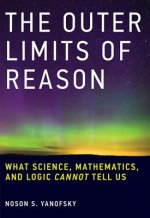
Outer Limits of Reason
776 Kč -

Fabric of Reality
281 Kč -
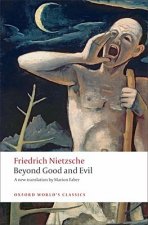
Beyond Good and Evil
262 Kč -
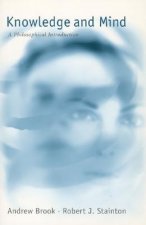
Knowledge and Mind
365 Kč -
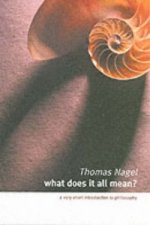
What Does It All Mean?
1370 Kč -
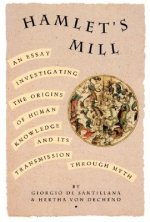
Hamlet's Mill
576 Kč -

Truth and Method
862 Kč -
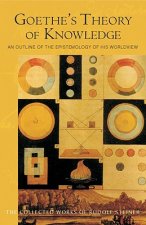
Goethe's Theory of Knowledge
487 Kč -
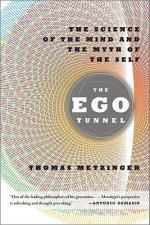
Ego Tunnel
653 Kč -

Manual for Creating Atheists
371 Kč -
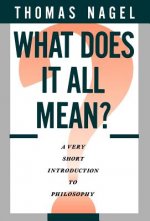
What Does It All Mean?
971 Kč -
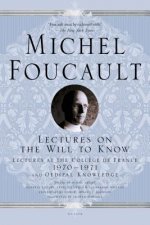
Lectures on the Will to Know
479 Kč -
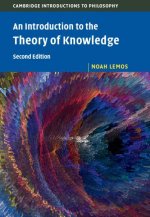
Introduction to the Theory of Knowledge
1067 Kč -
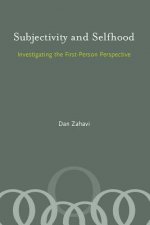
Subjectivity and Selfhood
929 Kč -
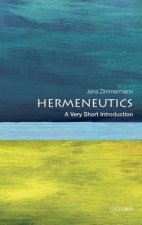
Hermeneutics: A Very Short Introduction
249 Kč -

Opacity of Mind
536 Kč -

Oxford IB Diploma Programme: Theory of Knowledge Course Companion
1946 Kč -
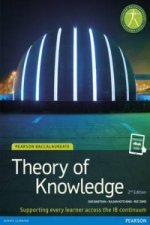
Pearson Baccalaureate Theory of Knowledge second edition print and ebook bundle for the IB Diploma
1401 Kč -
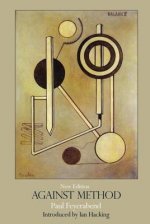
Against Method
702 Kč -
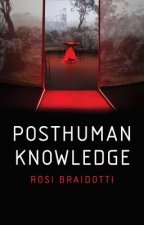
Posthuman Knowledge
518 Kč -
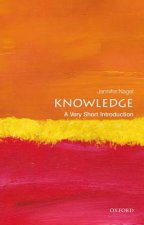
Knowledge: A Very Short Introduction
249 Kč -
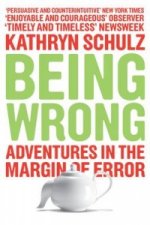
Being Wrong
302 Kč -

Introduction to Objectivist Epistemology
753 Kč -
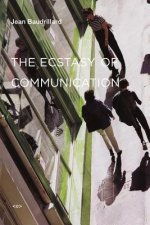
Ecstasy of Communication
405 Kč -
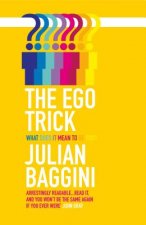
Ego Trick
276 Kč -
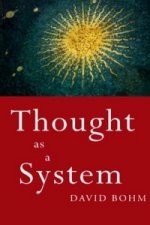
Thought as a System
1256 Kč -
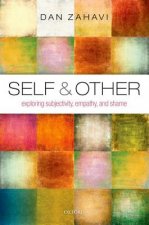
Self and Other
1021 Kč -
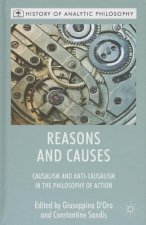
Reasons and Causes
3584 Kč -

Soul of the Marionette
302 Kč -
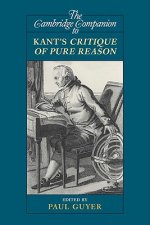
Cambridge Companion to Kant's Critique of Pure Reason
909 Kč -
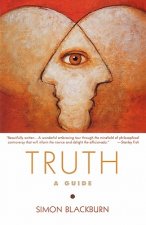
Truth
406 Kč -
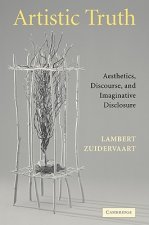
Artistic Truth
1212 Kč -
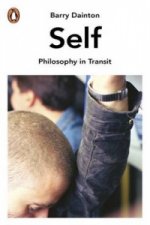
Self
302 Kč -

Freedom Regained
276 Kč -
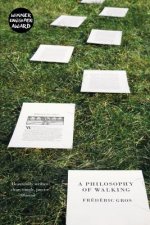
Philosophy of Walking
419 Kč -
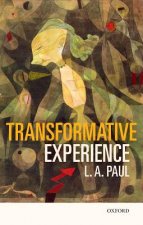
Transformative Experience
777 Kč -
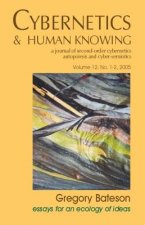
Gregory Bateson
605 Kč -

Agnotology
707 Kč -
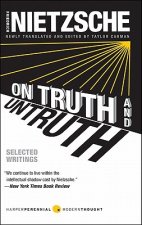
On Truth and Untruth
301 Kč -

Introduction to the Theory of Knowledge 2e
645 Kč -
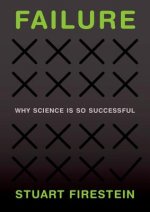
Failure
577 Kč -
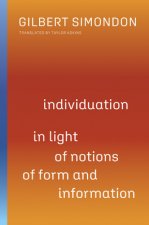
Individuation in Light of Notions of Form and Information
728 Kč -
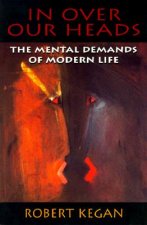
In Over Our Heads
1076 Kč -
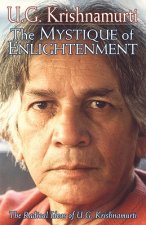
Mystique of Enlightenment
473 Kč -
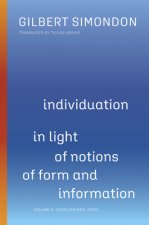
Individuation in Light of Notions of Form and Information
728 Kč -
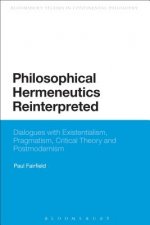
Philosophical Hermeneutics Reinterpreted
1701 Kč
Osobní odběr Praha, Brno a 12903 dalších
Copyright ©2008-24 nejlevnejsi-knihy.cz Všechna práva vyhrazenaSoukromíCookies



 Vrácení do měsíce
Vrácení do měsíce 571 999 099 (8-15.30h)
571 999 099 (8-15.30h)